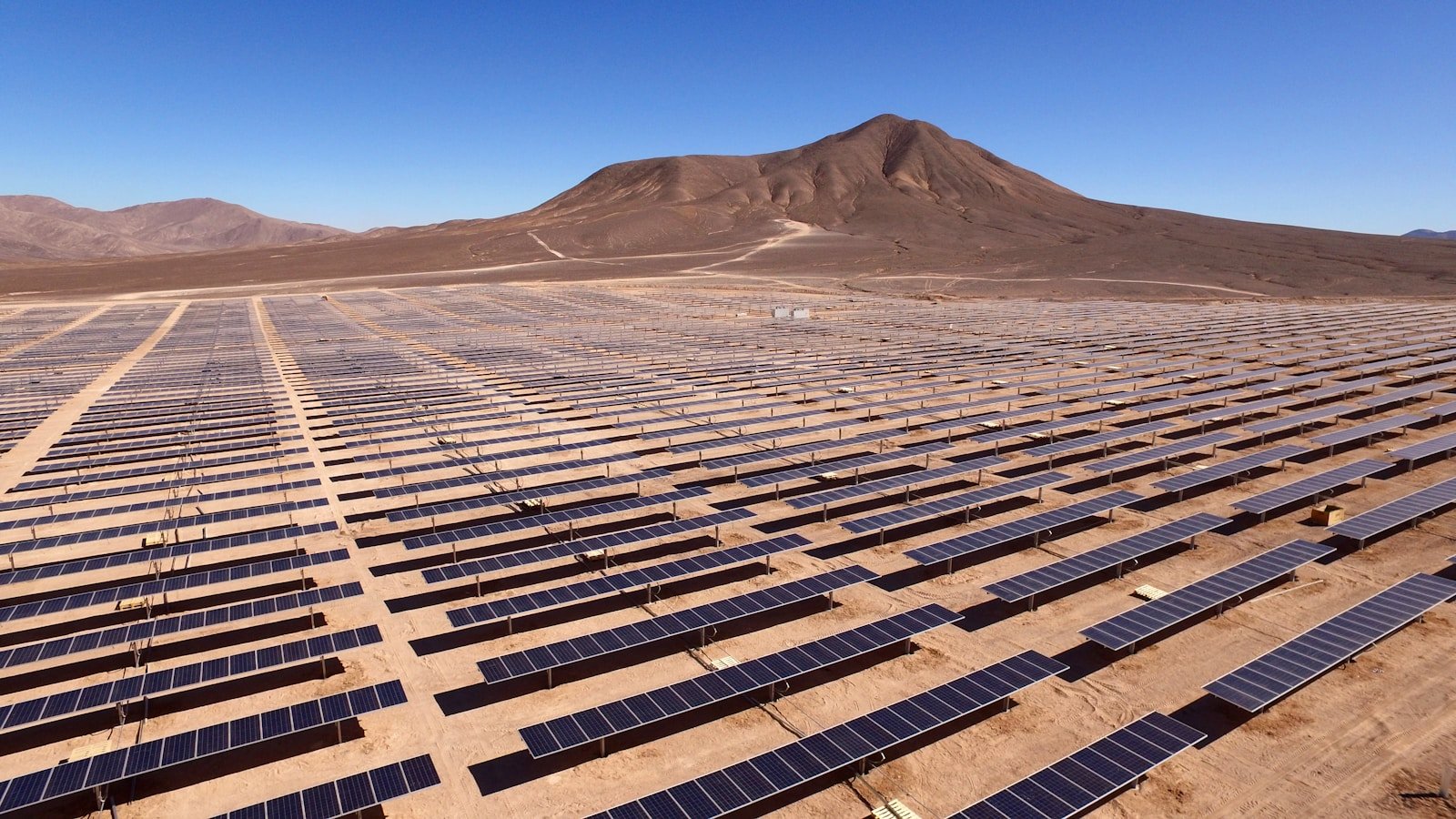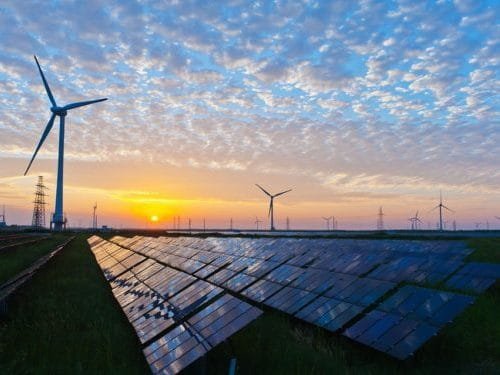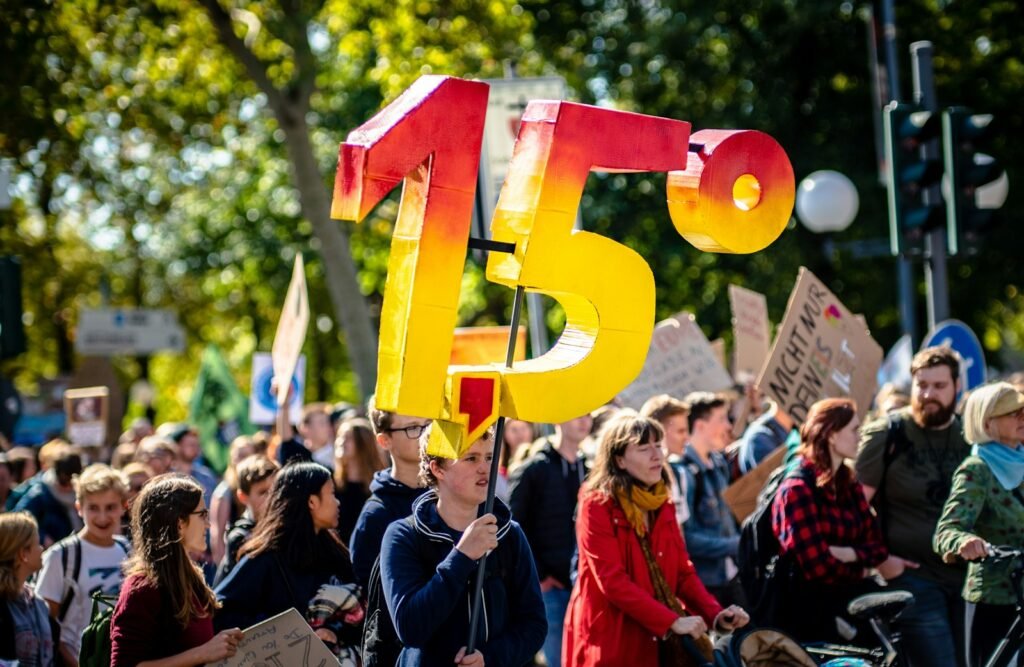Summary:
- JPMorgan warns that the transition from fossil fuels to renewable energy may take generations due to changing economic and geopolitical conditions.
- Governments are under pressure to step back from aggressive energy policies, as investments in renewable energy currently offer subpar returns.
- Oil companies and other corporations are trimming climate targets, risking social unrest if energy prices rise.
- Energy strategists argue that renewable energy is cheaper and more efficient than fossil fuels, despite higher interest rates making the transition to a net-zero economy more challenging.
Key passage:
JPMorgan is a leading financier of fossil fuel projects and low-carbon energy projects. The bank underwrote $101bn of fossil fuel deals in 2021 and 2022, and $71bn of low-carbon deals, according to data from BloombergNEF.
Chief executive Jamie Dimon told a congressional hearing In 2022 that the bank would continue to invest in big oil and gas projects, saying that pulling out of such deals “would be the road to hell for America”, and that the world was not getting the energy transition right.
Kingsmill Bond, an energy strategist at the Rocky Mountain Institute, disputed JPMorgan’s assertion that the cost of building renewables capacity was becoming unaffordable, saying the annual growth of energy infrastructure spending will only be 2 per cent, as money is increasingly diverted from oil and gas projects into renewables.
“Renewable energy is much cheaper and more efficient than fossil fuel energy, which is why almost all electricity generation capacity now being built is solar or wind,” he said.
Read the full post at Google News.





